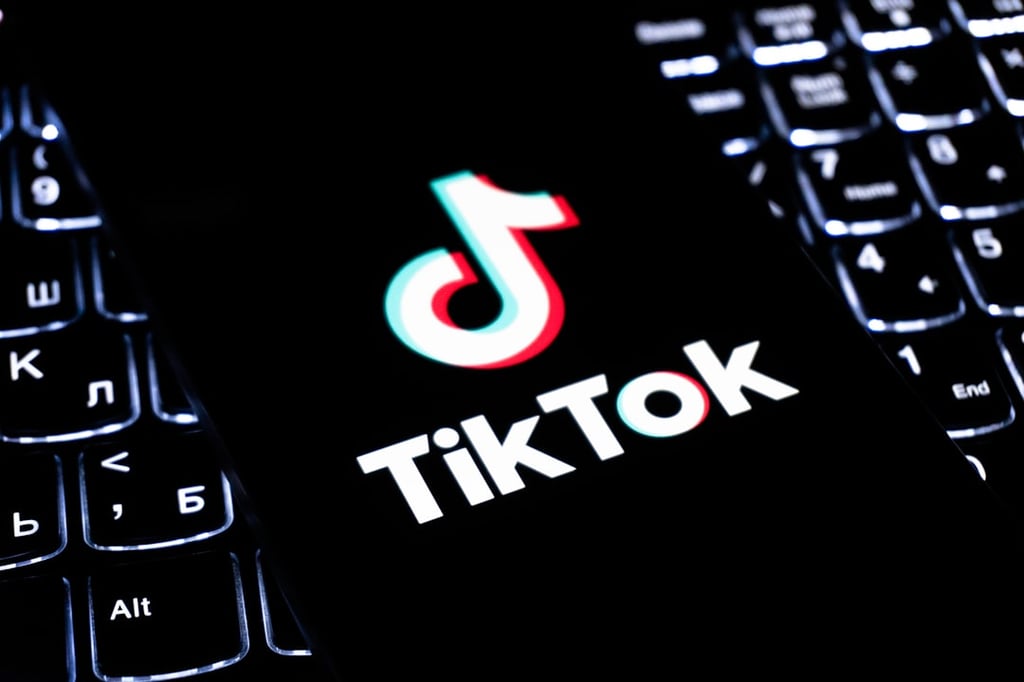Datamation content and product recommendations are
editorially independent. We may make money when you click on links
to our partners.
Learn More
Many users looking to buy a netbook are put off by units that come with
Windows 7 Starter Edition, according to a survey by an online consumer
comparison shopping site. Unfortunately, the site, Retrevo.com, found
consumers have little choice.
The site found that most of the netbooks sold by Amazon.com — 23 out of
28 — came with what Retrevo referred to in a blog post as “a low-end feature-starved version that lacks many of the features that make other versions of Windows 7 so attractive.” In short, they almost all come with Microsoft (NASDAQ: MSFT) Windows 7 Starter Edition pre-installed.
So Retrevo decided to ask its customers what they think.
With some 1,100 consumers responding, the non-scientific survey found that 56 percent said they’d be dissatisfied if a new netbook came with Starter Edition, the lowest-end edition of the new Windows 7 operating system.
In addition, 61 percent did not realize that Windows 7 Starter Edition lacks features that come standard with Windows XP, which until now has been the most popular operating system to ship with netbooks.
For example, Starter Edition lacks multiple monitor support, the ability to personalize the desktop, and DVD playback capabilities. It also does not sport the Aero user interface.
Despite that, however, 54 percent of the respondents said they knew the
differences between the various editions of Windows 7. Of course, that also
means that 46 percent do not.
Microsoft has been trying to kill off XP for at least two
years, but the aging OS has remained popular as a low-cost system for netbooks. It’s also proven to show staying power in the corporate world, with some enterprise IT shops purchasing Windows Vista systems and then exercising their right to “downgrade” those systems to XP.
However, the runaway popularity of netbooks — low-powered laptops with small
keyboards and screens that typically cost less than $400 — prompted Microsoft to respond with a version of Windows 7 it believes is tailored to such a market.
Now, with the advent of Windows 7 and Starter Edition in particular, Microsoft is again looking at ending XP’s reign. For one thing, the Wall Street Journal said in an April story that Microsoft only gets around $15 per copy of XP that goes onto a netbook, compared to twice or three times that for Vista on a regular notebook PC.
Although Microsoft has not disclosed what it’s getting for each copy of
Windows 7 Starter, Microsoft executives have said it is more than it gets
for the eight-year old XP.
“With today’s netbooks, we sell you XP at a price. When we launch Windows
7, an OEM can put XP on the machine at one price, Windows 7 Starter Edition
at a higher price, Windows 7 Home Edition at a higher price, and Windows 7
Professional at a higher price,” Microsoft CEO Steve Ballmer said in July at the company’s annual financial analysts meeting.
Beyond Starter Edition’s shortcomings, however, Microsoft has done a few
things to make it more attractive to netbook buyers, including lifting what
had originally been a three-application limit for netbooks.
A Microsoft spokesperson said the company would have no direct comment
regarding the Retrevo survey.
Article courtesy of InternetNews.com.
-
Ethics and Artificial Intelligence: Driving Greater Equality
FEATURE | By James Maguire,
December 16, 2020
-
AI vs. Machine Learning vs. Deep Learning
FEATURE | By Cynthia Harvey,
December 11, 2020
-
Huawei’s AI Update: Things Are Moving Faster Than We Think
FEATURE | By Rob Enderle,
December 04, 2020
-
Keeping Machine Learning Algorithms Honest in the ‘Ethics-First’ Era
ARTIFICIAL INTELLIGENCE | By Guest Author,
November 18, 2020
-
Key Trends in Chatbots and RPA
FEATURE | By Guest Author,
November 10, 2020
-
Top 10 AIOps Companies
FEATURE | By Samuel Greengard,
November 05, 2020
-
What is Text Analysis?
ARTIFICIAL INTELLIGENCE | By Guest Author,
November 02, 2020
-
How Intel’s Work With Autonomous Cars Could Redefine General Purpose AI
ARTIFICIAL INTELLIGENCE | By Rob Enderle,
October 29, 2020
-
Dell Technologies World: Weaving Together Human And Machine Interaction For AI And Robotics
ARTIFICIAL INTELLIGENCE | By Rob Enderle,
October 23, 2020
-
The Super Moderator, or How IBM Project Debater Could Save Social Media
FEATURE | By Rob Enderle,
October 16, 2020
-
Top 10 Chatbot Platforms
FEATURE | By Cynthia Harvey,
October 07, 2020
-
Finding a Career Path in AI
ARTIFICIAL INTELLIGENCE | By Guest Author,
October 05, 2020
-
CIOs Discuss the Promise of AI and Data Science
FEATURE | By Guest Author,
September 25, 2020
-
Microsoft Is Building An AI Product That Could Predict The Future
FEATURE | By Rob Enderle,
September 25, 2020
-
Top 10 Machine Learning Companies 2021
FEATURE | By Cynthia Harvey,
September 22, 2020
-
NVIDIA and ARM: Massively Changing The AI Landscape
ARTIFICIAL INTELLIGENCE | By Rob Enderle,
September 18, 2020
-
Continuous Intelligence: Expert Discussion [Video and Podcast]
ARTIFICIAL INTELLIGENCE | By James Maguire,
September 14, 2020
-
Artificial Intelligence: Governance and Ethics [Video]
ARTIFICIAL INTELLIGENCE | By James Maguire,
September 13, 2020
-
IBM Watson At The US Open: Showcasing The Power Of A Mature Enterprise-Class AI
FEATURE | By Rob Enderle,
September 11, 2020
-
Artificial Intelligence: Perception vs. Reality
FEATURE | By James Maguire,
September 09, 2020
SEE ALL
ARTICLES







